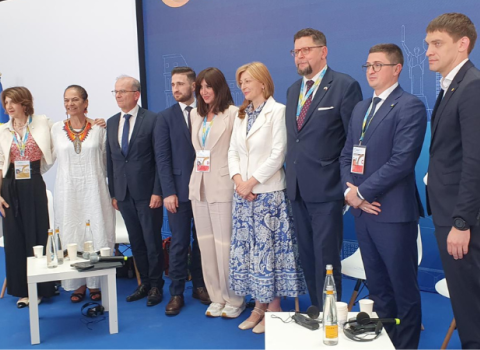
Image courtesy ORNL
Nanomed will bring together experts from Europe and further afield to consider economics, patient attitudes, regulatory aspects, ethics and communication of nanomedicine. The project will be chaired by John Beringer, who also chaired a similar UK investigation.
“Even if we don't see the nanorobots of Fantastic Voyage fame for a few years, nanomedicine still has immense short term potential to impact all of our lives,” said Beringer. “Working at the nanoscale is already leading to new highly targeted medicines, improved imaging and diagnostics of disease, and to a new generation of implantable sensors for monitoring health.”
It is encouraging that the EU recognises the importance of having a strategic approach to the development of nanomedicine, said Beringer. “In this project I believe we have managed to assemble a team with both the experience and understanding to create what I believe will be a unique report covering all aspects.”
One aim is to make the first accurate projections of market size and potential. To date this has not been possible, since many companies developing and applying nanomedicine do not describe themselves as such.
Beringer said discussions on regulatory aspects of nanotechnology are now reaching the stage where the project can reach meaningful conclusions as to whether there is a need to extend existing regulations, or to create new ones.
“A further interesting aspect is that the current economic crisis seems certain to increase public interest in policy making and funding priorities and a case will need to made for nanomedicine,” Beringer added.
The final members of working parties are being recruited and the report will be presented at the end of the year.





 A unique international forum for public research organisations and companies to connect their external engagement with strategic interests around their R&D system.
A unique international forum for public research organisations and companies to connect their external engagement with strategic interests around their R&D system.